
Attorney for Wills and Trusts
Discover expert guidance for Wills and Trusts in New York. Morgan Legal Group provides personalized estate planning for peace of mind.


Home » Probate Attorney near me » Page 9

Discover expert guidance for Wills and Trusts in New York. Morgan Legal Group provides personalized estate planning for peace of mind.
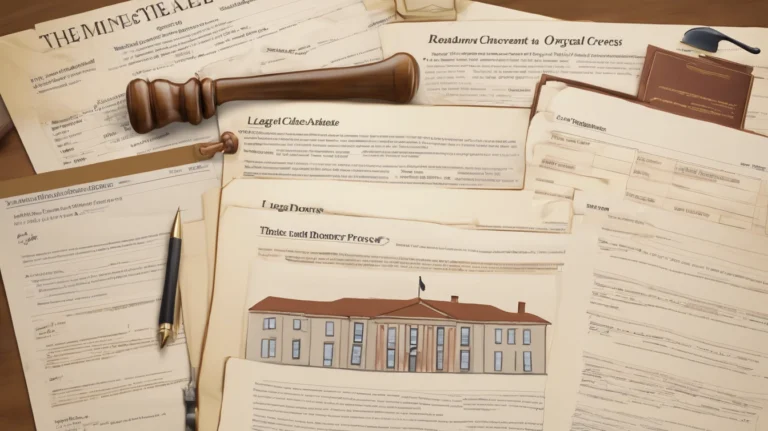
The Basic Steps of the Probate Process in New York While manageable, the probate process in New York is often complex and requires careful navigation,

Why You Need an Estate Plan Post-2013 Tax Act in New York 2024 The 2013 Tax Act significantly altered estate planning, particularly for residents in
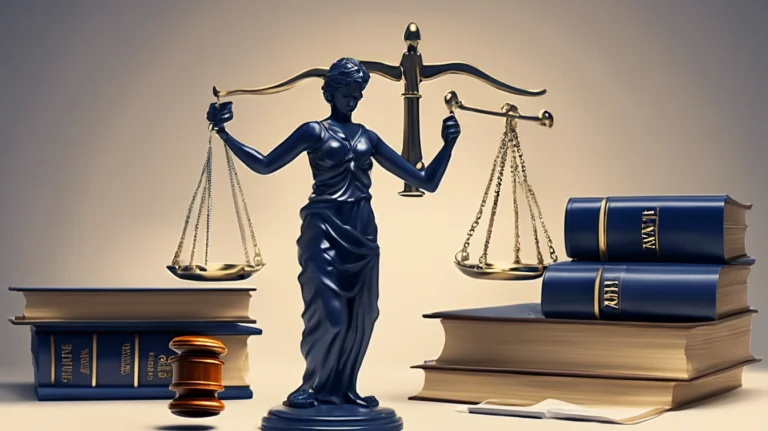
Understanding Different Types of Wills in New York Wills are critical estate planning documents that allow individuals to express how they want their assets distributed

How to Keep Creditors Away in the Probate Procedure in New York The probate process in New York can be both complex and stressful, particularly
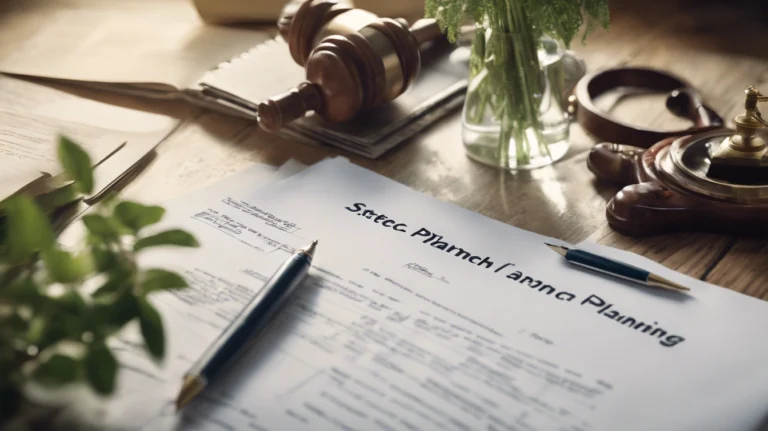
The Stretch IRA: A Simple Yet Powerful Estate Planning Tool Estate planning is a critical process that allows individuals to protect their assets and ensure

Estate Planning to Ease Your Mind Over the Holidays in New York The holiday season is a time for family, reflection, and making memories with

When it comes to estate planning, many people assume that fairness equates to an equal distribution of assets among their heirs. However, fairness in estate

Estate Planning: 12 Things to Do Before You Die in New York Estate planning is a crucial step in securing the future of your loved

Providing Personalized Estate Planning Services to Protect Your Loved Ones Estate planning is a crucial process that ensures your assets are distributed according to your
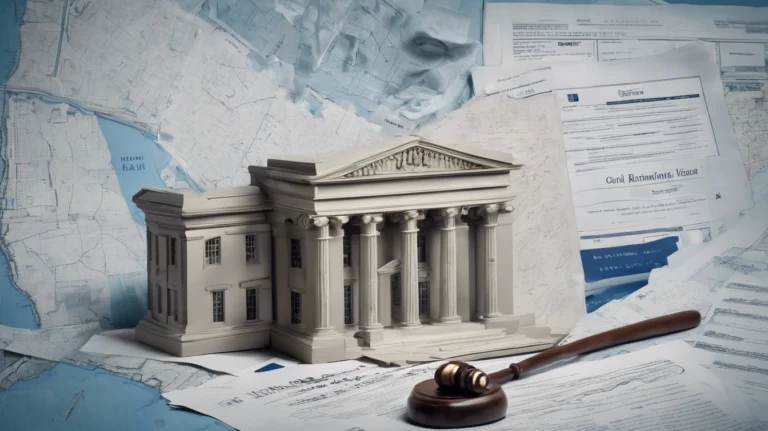
Common Probate Issues Probate is a legal process that occurs after an individual passes away, involving the distribution of their assets according to their will,

Estate Planning Tips in New York Estate planning is a vital process for ensuring that your assets are protected, your healthcare decisions are respected, and

Estate Planning for the Young, Rich, and Childless in New York When it comes to estate planning, many people believe it’s something to consider later

Guardianship Attorney in NYC In New York City, the need for guardianship arises when an individual can no longer make decisions for themselves due to

Estate Planning for Blended Families Estate planning for blended families can be complex due to the unique dynamics and relationships involved. Blended families, which may
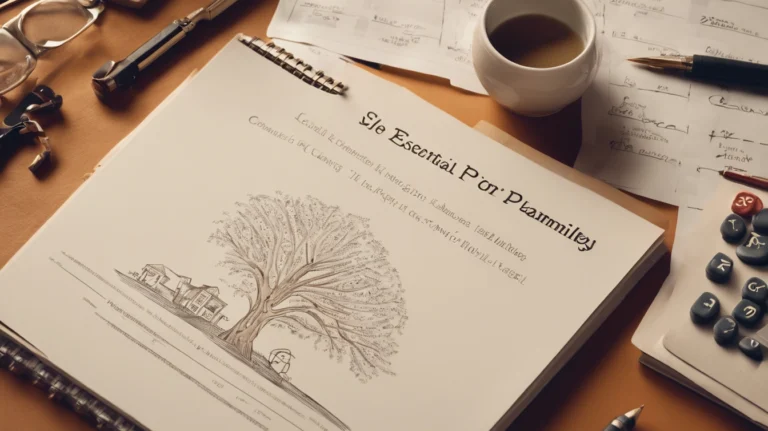
6 Essential Estate Planning Steps For You And Your Parents in New York Estate planning is one of the most important tasks you and your

Five Things to Know About Not Having an Estate Plan Many individuals often overlook estate planning, especially when life gets busy. However, not having an

Estate Planning You Must Do Before Traveling Traveling is an exciting and enriching experience, but it also comes with risks that many people overlook. Whether
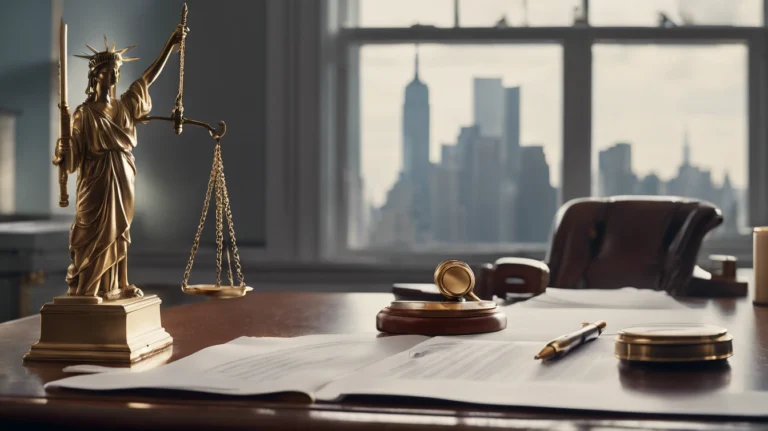
Understanding the Importance of a Legal Will in New York When it comes to estate planning, creating a legal will is one of the most

Probate can be a lengthy and expensive process for heirs after the death of a loved one. As a result, many individuals seek to avoid

Five Reasons You Need an Estate Planning Attorney Near You in New York Estate planning is crucial in ensuring that your assets are distributed according
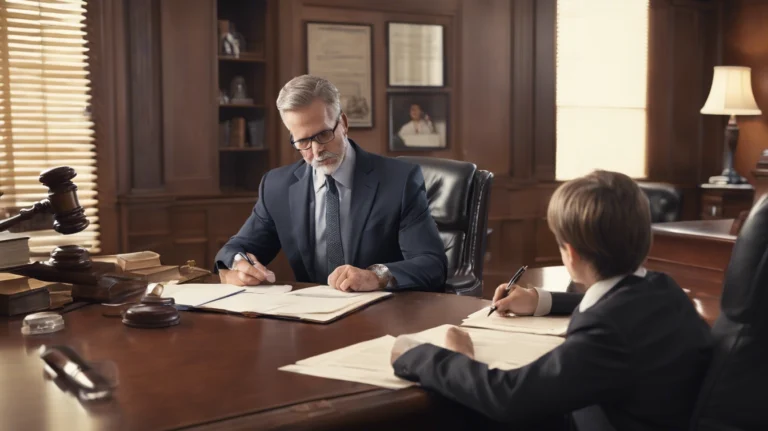
Why You Need a Probate Attorney Dealing with the estate of a deceased loved one can be challenging, especially when it involves complex legal processes

Exploring the Strengths and Dominance of BlackRock and Blackstone in 2024 BlackRock and Blackstone are two of the most powerful financial institutions in the world,

Understanding the Growing Threat of Financial Scams Targeting Retirees Financial scams targeting older Americans have become a growing issue, with a significant rise in the

Seven Reasons You Should Hire an Estate Planning Attorney in New York Estate planning is essential in securing your future and ensuring that your loved
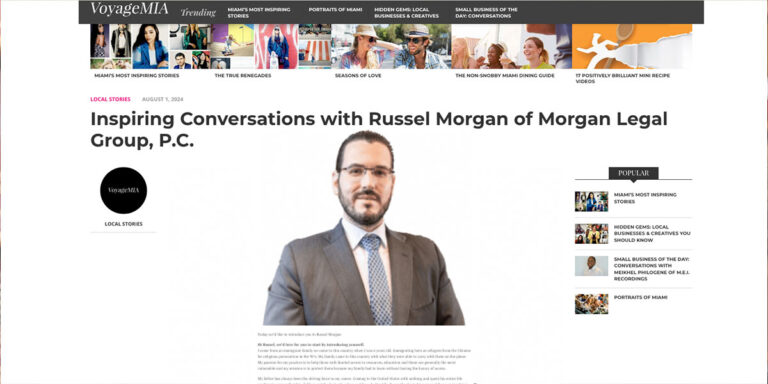
Introducing Russel Morgan and His Mission for Justice At Morgan Legal Group, located in the heart of New York City, we specialize in estate planning,

What are the Main Ways to Pay for Long-Term Care in New York? Long-term care is a critical concern for many individuals as they age,

As we age, navigating the complexities of legal and financial planning becomes increasingly crucial. In New York, elder law attorneys are specifically trained to address

When planning for long-term care, many individuals consider Medicaid as a means to cover the often staggering costs of nursing homes and other healthcare services.

Russell Morgan Explains How Arbitration Rulings May Influence Future Settlements A former Twitter employee has won a significant legal battle over unpaid severance, a decision
Ⓒ 2025 - All Rights Are Reserved | Privacy Policy | Estate Planning Attorney NYC | Sitemap